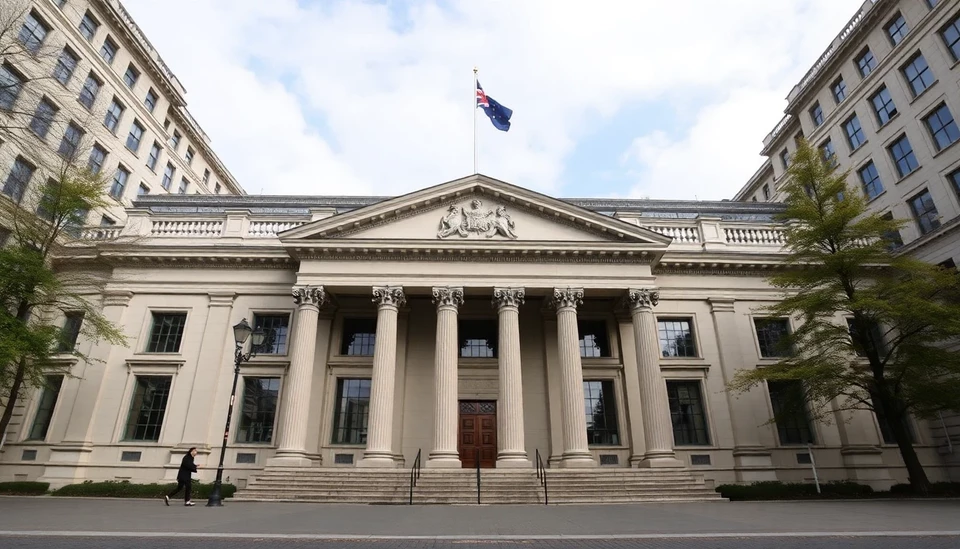
The European Central Bank (ECB) is reportedly preparing to implement two rate cuts within the upcoming months, a move that starkly illustrates the institution's increased sensitivity to external economic pressures, particularly those stemming from former President Donald Trump’s policies.
Market analysts have begun to anticipate that the ECB will lower its key interest rates twice by the end of the year, largely driven by ongoing uncertainties surrounding global trade dynamics and economic growth prospects influenced by Trump's persistent commentary and decisions in the international arena. This renewed focus aligns with the ECB’s commitment to ensuring sustained economic stability across the Eurozone amidst fluctuating market conditions.
As Trump's administration previously sparked significant volatility in international markets with sudden tariffs and trade negotiations, many experts believe his continued influence, even after leaving office, reverberates through central banking policies. The looming threat of tariffs, potential sanctions, or changes to trade agreements has prompted the ECB to consider rate cuts as a method of counterbalancing any adverse effects on the Eurozone's economy.
The potential for rate reductions is further fueled by disappointing economic data emerging from several countries within the Eurozone. Analysts have flagged slowing growth rates and inflated inflation figures as troubling signs, thus intensifying the urgency for the ECB to act. With the risk of recession looming, objections to the administration’s unpredictable economic policies have led to heightened concerns about the overall financial landscape in Europe.
In the lead-up to critical decisions expected to be made in upcoming meetings, ECB President Christine Lagarde has reiterated the commitment to evaluating economic indicators thoroughly. She has also emphasized the importance of maintaining an accommodative monetary policy to support recovery and boost investment within the region.
As the situation evolves, market participants will be closely monitoring comments from both central bank officials and Trump himself, given their potential implications for economic policy shifts. The intersection of politics and monetary policy has never been more pronounced, and its effects could shape financial forecasts for the Eurozone for years to come.
The overall sentiment reflects a growing apprehension among investors regarding Trump's potential return to the political spotlight, which could set off a new wave of uncertainty and influence central bank strategies further beyond interest rates alone.
For now, stakeholders must brace for forthcoming adjustments in ECB policy that aim to navigate the complexities of an interconnected global economy, where uncertainties can ripple through regions and prompt recalibrations of fiscal approaches.
As we look ahead, the financial sector will likely remain focused on the finer details of the ECB’s policy direction, given that any sign of impending rate cuts could have far-reaching consequences on everything from stock markets to currency exchanges within the Eurozone.
In conclusion, the anticipated ECB rate cuts are a direct response to evolving economic challenges and reflect a growing tendency to react to external pressures, notably those forthcoming from Trump’s unpredictable political and economic maneuvers.
#ECB #RateCuts #TrumpInfluence #EurozoneEconomy #MonetaryPolicy #EconomicUncertainty #InterestRates #ChristineLagarde
Author: Rachel Greene




